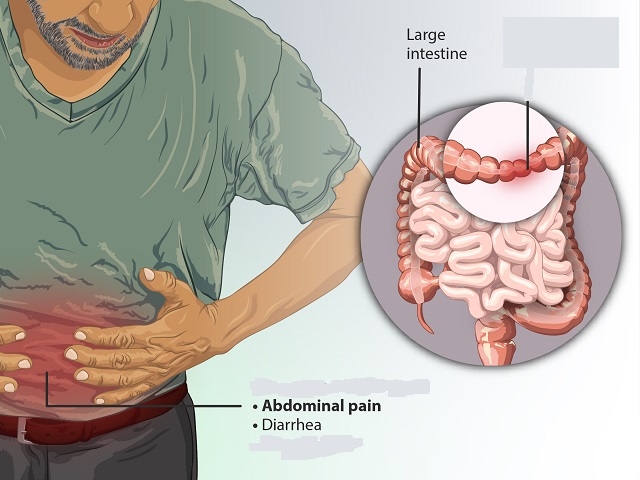10 Signs You May Have Hyperthyroidism -- Symptoms, causes, effects, treatment and prevention of hyperthyroidism. What is hyperthyroidism?
Hyperthyroidism is a condition characterized by excessive production of thyroid hormones by the thyroid gland, leading to an overactive thyroid. It refers to the overproduction of thyroid hormones, primarily thyroxine (T4) and triiodothyronine (T3), by the thyroid gland. This results in an increased metabolic rate and affects multiple organs and body functions. It can cause a wide range of symptoms and can have significant effects on various body systems. Here is an explanation of hyperthyroidism, along with its symptoms, diagnosis, causes, effects, treatment, and prevention:
Symptoms of Hyperthyroidism:
The signs and symptoms of hyperthyroidism can vary, but common ones include:
- Rapid heartbeat (tachycardia)
- Weight loss despite increased appetite
- Tremors or shaking hands
- Nervousness, anxiety, and irritability
- Heat intolerance and increased sweating
- Fatigue and muscle weakness
- Changes in menstrual patterns in women
- Frequent bowel movements or diarrhea
- Enlarged thyroid gland (goiter)
- Insomnia or difficulty sleeping
Diagnosis of Hyperthyroidism:
Hyperthyroidism is diagnosed through a combination of clinical evaluation, physical examination, and laboratory tests. Diagnostic methods include:
- Thyroid function tests: Blood tests to measure levels of thyroid hormones (T3, T4) and thyroid-stimulating hormone (TSH).
- Radioactive iodine uptake test: A radioactive iodine isotope is ingested or injected to evaluate the thyroid's ability to absorb iodine.
- Thyroid ultrasound: To assess the size and structure of the thyroid gland.
- Thyroid scan: Imaging test using radioactive material to examine the function and activity of the thyroid gland.
Causes of Hyperthyroidism:
The most common causes of hyperthyroidism include:
- Graves' disease: An autoimmune disorder where the immune system mistakenly attacks the thyroid gland, leading to excessive hormone production.
- Toxic multinodular goiter: The presence of multiple nodules in the thyroid gland that produce excessive thyroid hormones.
- Thyroiditis: Inflammation of the thyroid gland, which can result in the release of stored thyroid hormones.
- Excessive iodine intake: Consuming large amounts of iodine through medications or dietary supplements can lead to hyperthyroidism.
- Thyroid nodules: Abnormal growths in the thyroid gland that produce excess thyroid hormones.
Effects of Hyperthyroidism:
Untreated hyperthyroidism can have several effects on the body, including:
- Increased heart rate and risk of heart rhythm disorders
- Elevated blood pressure
- Weight loss and muscle wasting
- Osteoporosis and increased fracture risk
- Thyroid eye disease (Graves' ophthalmopathy)
- Thyroid storm (rare but life-threatening condition characterized by extreme hyperthyroidism symptoms)
Treatment and Prevention of Hyperthyroidism:
Treatment options for hyperthyroidism depend on the underlying cause and may include:
- Medications: Antithyroid drugs (such as methimazole or propylthiouracil) to inhibit thyroid hormone production.
- Radioactive iodine therapy: Oral administration of radioactive iodine to destroy thyroid cells and reduce hormone production.
- Beta-blockers: Medications that help control symptoms such as rapid heartbeat, tremors, and anxiety.
- Surgery: Surgical removal of a portion or the entire thyroid gland (thyroidectomy) in some cases.
- Prevention of hyperthyroidism is not always possible since some causes are not preventable, such as autoimmune disorders. However, avoiding excessive iodine intake and managing stress levels may help reduce the risk in certain cases.
References:
American Thyroid Association. (2021). Hyperthyroidism (overactive). Retrieved from https://www.thyroid.org/hyperthyroidism/
Mayo Clinic. (2020). Hyperthyroidism (overactive thyroid). Retrieved from https://www.mayoclinic.org/diseases-conditions/hyperthyroidism/symptoms-causes/syc-20373659


















